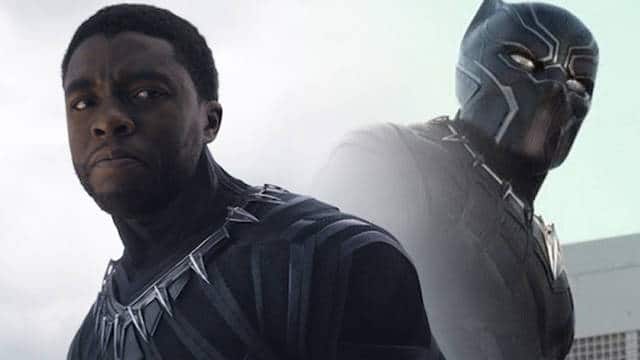“As the story of The Black Panther and the people of Wakanda develops, it will be interesting to see how the balance between defense of borders and reaching out to help others plays out.”
Dr. Finola Kerrigan writes for the Birmingham Business Blog:
The success of The Black Panther, which has opened in a number of territories this month, is a testament to understanding the wider social value of film, beyond commercial considerations and entertainment. The movie has opened to record-breaking numbers, and despite an alleged campaign to flood the internet with negative reviews, critics have largely praised the film, as have audiences writing for popular review sites such as Rotten Tomatoes and IMDB.
Olive Pometsey of GQ Magazine focuses on the inspirational quality: “This film is more than an exercise in diversity for Hollywood, it’s a lesson on how to recover and move forward from society’s mistakes.” One such mistake is the long-held assumption that stories regarding and featuring black characters (and women, and older people) will not result in a box office success.
The vast majority of films released by Hollywood studios have white protagonists. If these films are considered as flops, the reason behind the failure is not placed onto the protagonist front and center. However, this is not the case for films which focus on ethnic minority characters, women, or older people. In this instance, failure has been viewed as audiences not wanting to see these stories, leading to a reluctance to support further similar films.
Another misrepresentation is the view that film is just merely entertainment. Anthropologist Hortense Powdermaker wrote almost 70 years ago about the Hollywood film industry as The Dream Factory, recognising the central role film plays in shaping our dreams and the importance of social relations in determining their nature. But looking at the films produced and the marketing campaigns underlying them, it is clear that our dreams are often curtailed through a lack of representation.
Diversity of stories on our screens will mean a diversity of dreams encouraged. Actress Octavia Spencer has said on Twitter that she would buy out all the seats in a Mississippi cinema “to ensure that all our brown children can see themselves as a superhero”.
Similar positive statements followed the release of Wonder Woman, when women celebrated their superhero moment, and there is also much to celebrate in The Black Panther, with critics and commentators discussing the variety and nature of roles for women. In Forbes magazine, Scott Mendelson comments that the women “are funny and fierce”. Highlighting the scarcity in previous superhero films of supporting women, he notes that in The Black Panther a strong cast of women who contribute to the plot, are brave. and are also allowed to use humour (some times at the expense of the hero). Diversity is not just about on-screen storytelling — it also matters who tells the stories.
A further mistake addressed within the film is that of deep-rooted colonialism. In The Black Panther , the kingdom of Wakanda is protected from colonialists, with natural resources preserved and used for the benefit of the local population. As the story unfolds, this protection allows the nation to prosper and to take control of its own destiny, rather than being destroyed by colonial rule and ultimately becoming dependent on aid.
In highlighting the colonial past, Black Panther seeks to challenge depictions of Africa which highlight poverty and resource scarcity. Director Ryan Coogler has spoken of the extensive research undertaken to draw on rich and diverse African cultures to develop the characters, the dialogue, and not least Ruth E. Carter’s costumes, positioning the film within broader considerations of Afrofuturism.
As the story of The Black Panther and the people of Wakanda develops, it will be interesting to see how the balance between defense of borders and reaching out to help others plays out. This concern mirrors contemporary political reality, with tensions within developed economies between “homeland security” (Brexit, Trump’s Wall) and providing refuge for displaced people. The Black Panther engages with these difficult subjects while at all times maintaining humanity and using humor.

